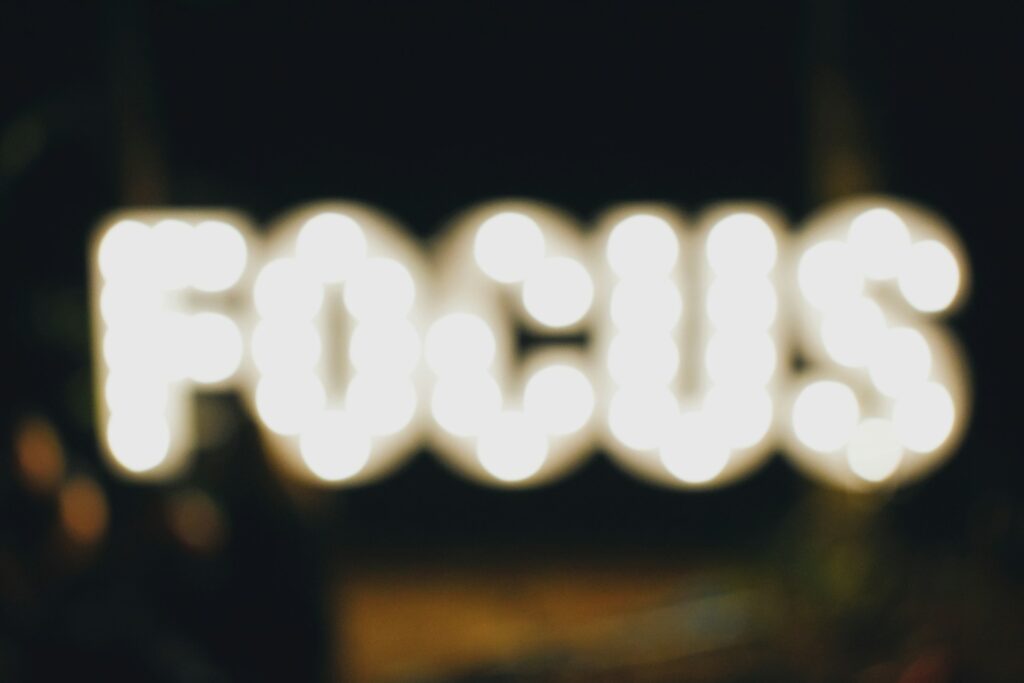
Have you ever felt overwhelmed by a long-to-do list? You’re not sure where to begin so you list everything that you think you need to complete. The thing is, It’s very easy to get caught up in the satisfying feeling of checking off your daily tasks, but it is equally important to dedicate time to deep work.
Deep work is about setting aside dedicated time to tackle your most important task without interruption.
For example, drafting a business plan for your business is a “deep work” task, while answering your emails is more of a “shallow” task.
Why is Deep Work Important?
- When you focus on one task at a time, you can produce higher-quality work in less time
- Research shows that switching between tasks can disrupt your focus, and you lose an average of 23 minutes of productive time as your brain struggles to refocus
- Once in deep work, you can enter what is called a flow state – a mental state in which you are fully immersed in the work you are doing and time seems to fly by
- Deep work can spark your creativity, helping you come up with new ideas and solutions
How do you get into the “flow” of deep work?
- Identify the most important tasks that align with your goals. Consider the big picture and prioritize the tasks that will have the greatest impact
- Find a quiet, distraction-free environment where you can concentrate. Turn off notifications, and move your phone to another room
- Studies have shown that just having your phone within your sight leads you to mindlessly pick it up more often, which again, breaks your focus.
- If you need to have background noise, try listening to low-fi beats – music without lyrics
- Block specific time in your calendar for these sessions, and allow for a short break. Tracking your focused sessions can provide helpful insights and offer a visual measure of time well spent
- Some people love to use the Pomodoro Technique. i.e. Start a timer for a 45-minute work interval followed by a 5-minute break
- Use your break to stand, walk around stretch, hydrate, or put on some happy music
- Start. Often starting is the hardest point, but after 15 min you may find that you are so engrossed in what you are working on that time flows by
Remember, finding your flow state takes practice. Experiment with different techniques to discover what works best for you.

